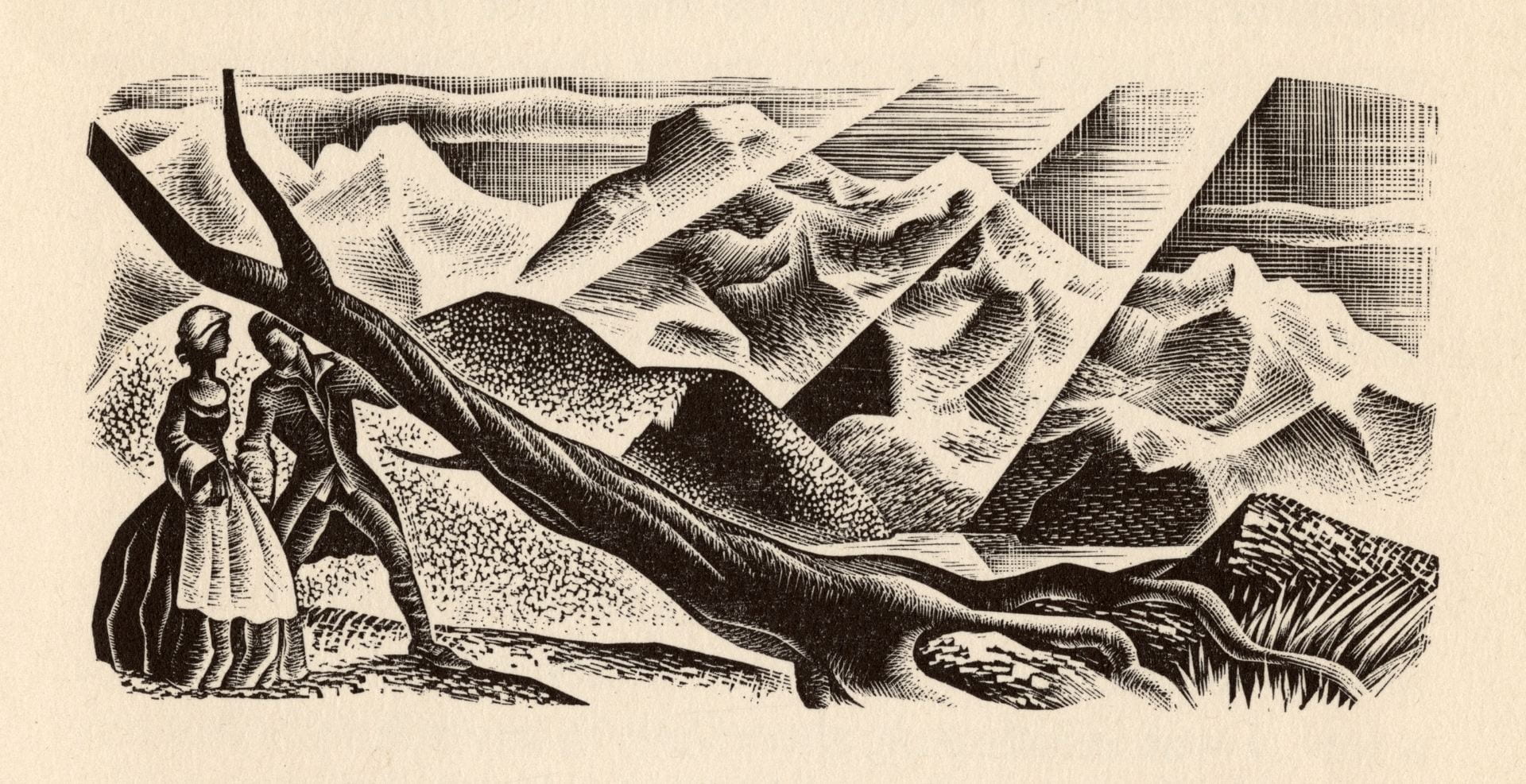
The highly anticipated trailer for the 2025 adaptation of Mary Shelley’s Frankenstein has finally arrived, sparking excitement among literature fans and horror buffs alike. Promising a faithful yet innovative take, the trailer cleverly includes subtle and meaningful references that directly connect back to Shelley’s groundbreaking 1818 novel.
Here are five references we spotted in the trailer that pay homage to the original literary masterpiece:
📖 1. The Arctic Frame Narrative

The trailer intriguingly opens with icy expanses and an explorer’s voiceover—a clear nod to Captain Walton’s expedition from the novel. This framing device, often omitted in earlier film adaptations, signifies the filmmakers’ dedication to Shelley’s original narrative structure, which begins and ends amidst the stark, frozen Arctic landscape.
🌲 2. The Creature’s Solitude in Nature

Echoing the poignant chapters where the Creature hides in isolation, observing humanity from afar, the trailer portrays the Monster silently observing villagers through the trees. This mirrors Shelley’s emphasis on the Monster’s loneliness, inner turmoil, and longing for acceptance—key themes often overlooked in earlier cinematic adaptations.
🔥 3. The De Lacey Family Cottage

A subtle yet significant homage appears as the Monster secretly observes the warm, familial life of the De Lacey family through the cottage window. This poignant moment directly references Shelley’s book, capturing the Monster’s yearning for companionship and highlighting his tragic misunderstanding of human society.
🧪 4. Victor’s Obsession and Laboratory

The trailer provides a glimpse of Victor Frankenstein’s meticulous, frenzied experiments. His obsessive drive to conquer death—clearly drawn from Shelley’s original depiction—is shown in his increasingly isolated demeanor and chaotic workspace filled with intricate machinery, bubbling chemicals, and scientific instruments, staying true to the novel’s theme of ambition and consequence.
💬 5. Direct Quotes from Shelley’s Text

Fans of the original novel will immediately recognize lines directly pulled from Shelley’s prose. For example, the chilling and tragic phrase, “I ought to be thy Adam, but I am rather the fallen angel,” is recited by the Creature, beautifully encapsulating his complex nature—simultaneously monstrous and sympathetic, just as Shelley intended.
🎬 Why These References Matter

By grounding the 2025 film firmly in Mary Shelley’s original narrative and themes, filmmakers honor the literary masterpiece while inviting a new generation of viewers to discover the profound, timeless messages at the heart of Frankenstein.
Excited to celebrate this iconic story and its fresh adaptation? Our apparel and posters from Public Domain Shop will be coming soon!


